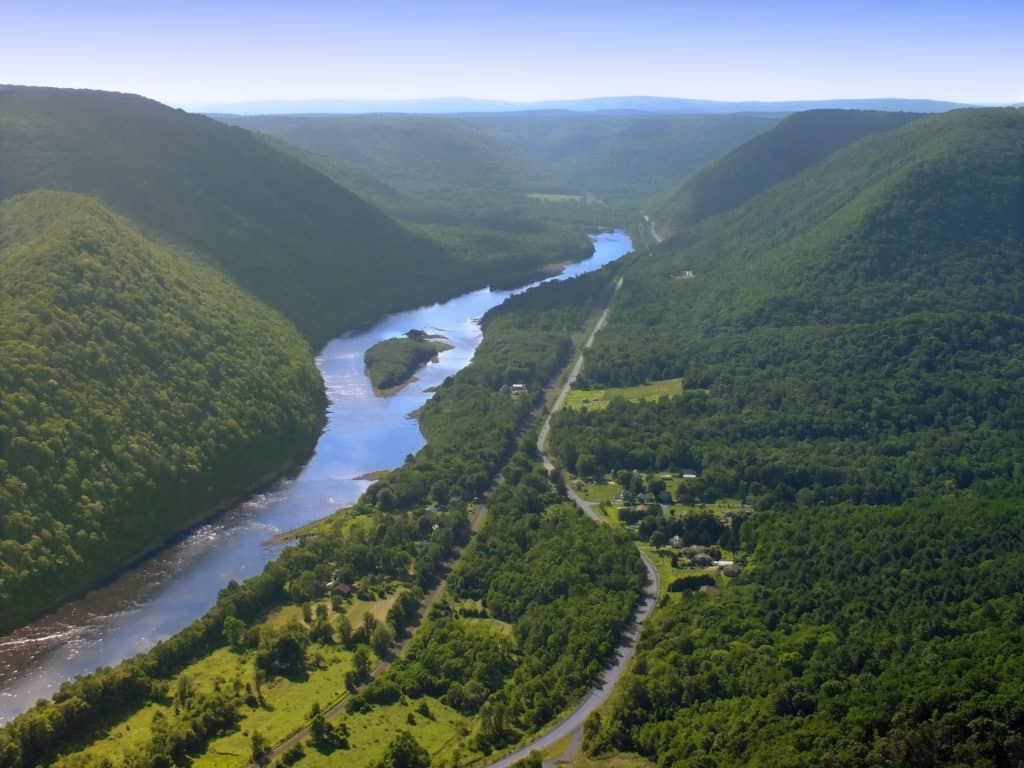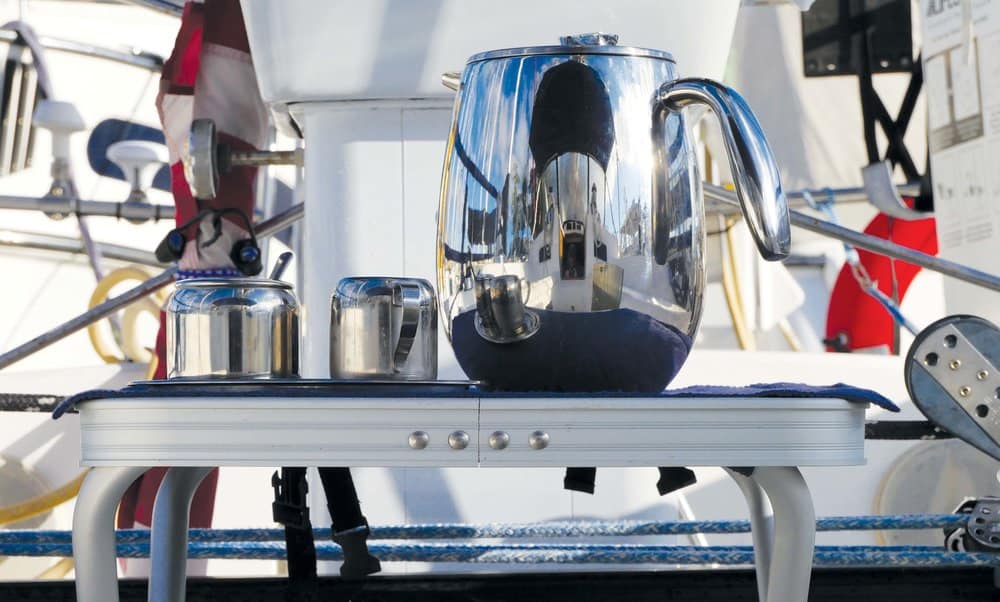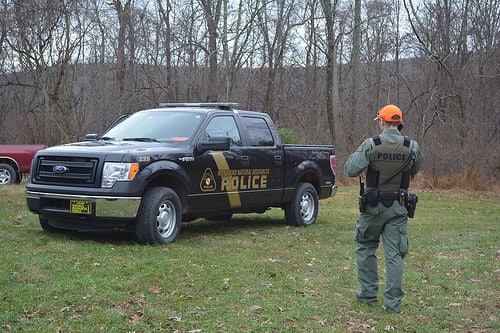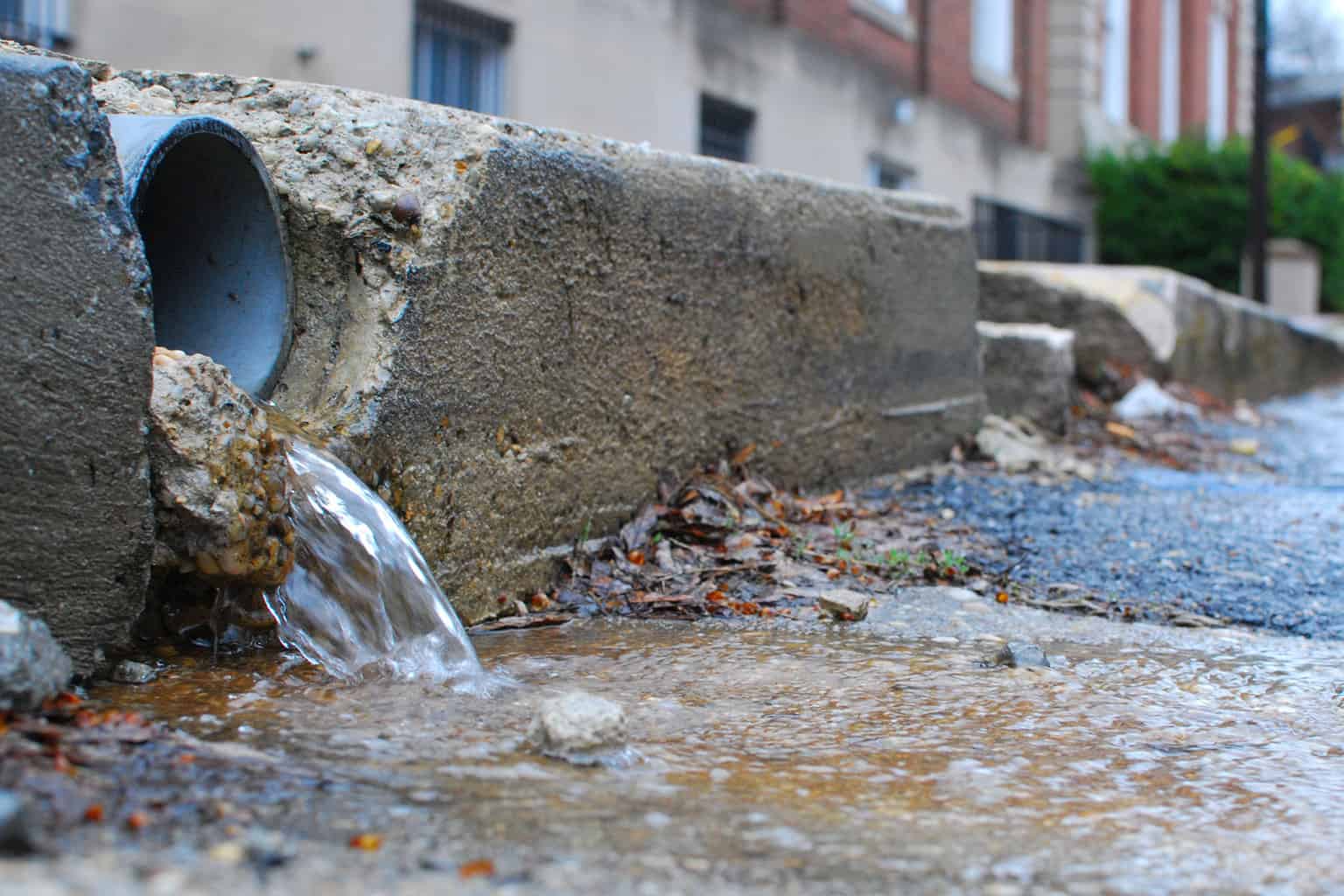Over the last month or two, calls have been growing louder to hold Pennsylvania accountable for its clean water goals in the Chesapeake Bay watershed. And this week things got more heated than ever between the upstream state and its Bay-state critics.
The Chesapeake Bay Foundation (CBF) and Maryland Governor Larry Hogan have both called out Pennsylvania in the last six weeks, for its “woefully inadequate” just-released Watershed Implementation Plan update.
Each Bay state has specific pollution goals— limits on how much nitrogen, phosphorus, and sediment should go into the water— contributing to the Bay’s overall “pollution diet” that’s designed to achieve clean-water goals by 2025. This summer, each state had to come up with the third phase of its Watershed Implementation Plan for the Environmental Protection Agency (EPA), and while Maryland, Virginia, and Washington, D.C. laid out sufficient plans to reach pollution-reduction goals, Pennsylvania fell short.
CBF’s Pennsylvania leaders blasted the plan, pointing out it “achieves only two-thirds of its nitrogen pollution reduction goal and has an annual funding shortfall of about $250 million from now until the end of 2025.”
“A chain is only as strong as its weakest link, and that is also true for the partnership working to restore water quality across the region,” CBF President William C. Baker said. “Today, unfortunately, Pennsylvania’s link is not only weak, it is broken.”
Maryland Governor Larry Hogan sent a letter to Pennsylvania Governor Tom Wolf, which reads, in part, “While Marylanders continue to do more to enhance and improve the Bay, we are deeply troubled that Pennsylvania’s draft Phase III Watershed Implementation Plan falls short of this critical commitment.”
But Pennsylvania state leaders paint a different picture, calling this phase of its Watershed Implementation Plan its “most committed and viable plan to date.” Wolf’s office says the state is going to better track nitrogen reductions from sources not yet documented, like those put in place by private landowners, which didn’t require public funding.
Since high-profile critics have failed to spark change in Pennsylvania’s plans, some Bay advocates are going even further. And Governor Wolf’s office is fighting right back.
In a bold headline out this week, the Baltimore Sun‘s Editorial Board urges, “Let’s sue Pennsylvania,” arguing it’s the only remaining solution to get Governor Tom Wolf’s administration to take the necessary steps and minimize farming runoff that pollutes the Susquehanna River, the Chesapeake Bay’s largest tributary:
“It’s time to take Pennsylvania to court and force the state to do what it’s already agreed to do — make the hard choices necessary to improve water quality in the Susquehanna watershed.”
CBF points out that nearly 40 percent of Pennsylvania’s 86,000 miles of rivers and streams are not meeting water quality goals, but the Wolf administration is defending its clean water efforts.
Governor Wolf’s press secretary, J.J. Abbott, tells Bay Bulletin that Pennsylvania has made “great strides” at improving water quality in the watershed, pointing to Wolf’s PA Farm Bill, which invests in local water quality improvements.
Reacting to the calls for a lawsuit, Abbott shoots back, “Unlike Maryland, Pennsylvania doesn’t benefit from the millions generated by tourism on the Chesapeake Bay. If any entity in Maryland is interested in diverting funds to Pennsylvania to bolster the Governor’s efforts, he would gladly accept them.”
Abbott goes on to say, “A lawsuit would just take resources from efforts to solve the broader problem.”
In the end, Abbott reiterates that “Pennsylvania is committed to having all practices and controls in place by 2025 to achieve EPA’s target date,” and that the plan provides “reasonable assurance” that the state will meet its pollution diet commitments.
Governor Hogan’s office will not say whether he is considering a lawsuit, instead maintaining his position expressed in his letter to Governor Wolf.
-Meg Walburn Viviano




